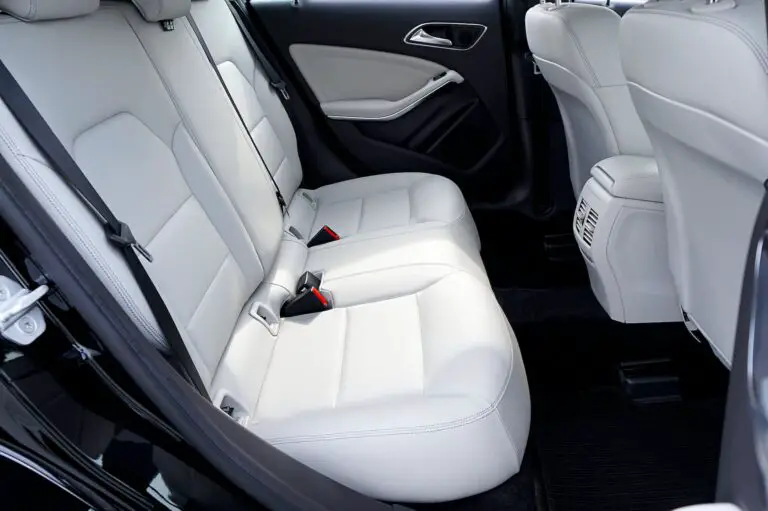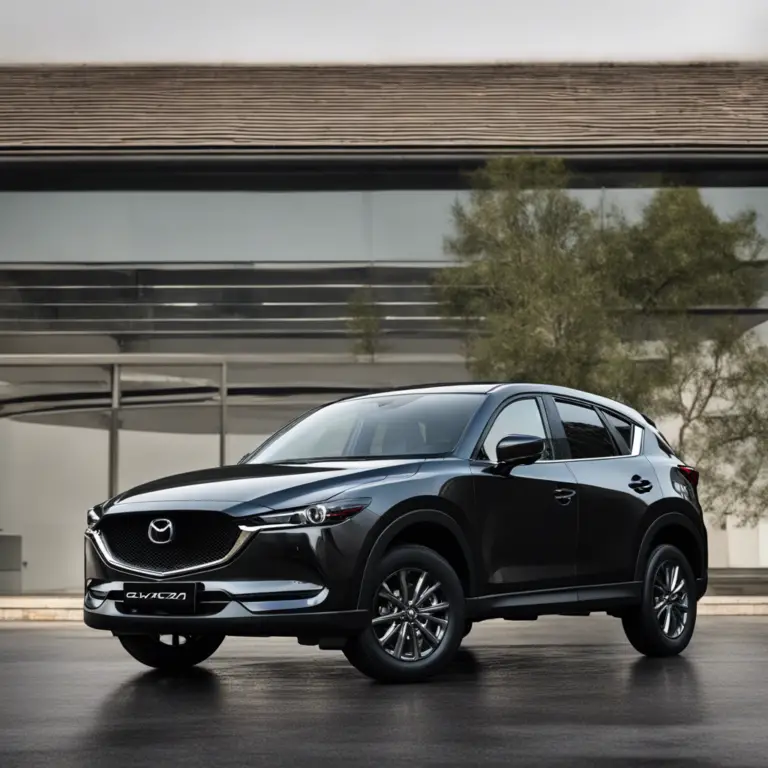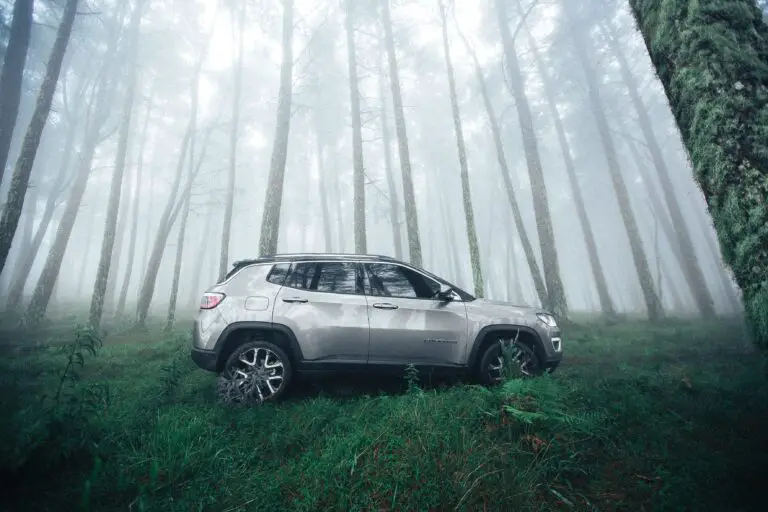Navigating the Market: The Art of Timing Your Car Sale for Maximum Profit
What’s the best time of the year to trade or sell your used cars for a better deal. Let’s discuss in this article.
Table of Contents
Selling your car can be a bittersweet experience. While you might be excited about the upgrade, navigating the market and getting the best price can feel overwhelming. One crucial question that often arises is – what’s the best time to sell your car?
Unfortunately, there’s no single, foolproof answer to this question. It depends on a multitude of factors, including:
Market Trends
- Seasonality: Generally, spring and early summer are considered peak selling seasons due to increased demand for recreational driving and family vacations. However, specific trends may vary depending on your location and car type.
- Economic Conditions: A strong economy with low unemployment can lead to increased demand and higher prices for used cars. Conversely, a recession can dampen the market, making it harder to get a good price.
- New Model Releases: Selling your car before the next year’s model comes out is often recommended. This can help you avoid depreciation and maximize your selling price.
Car-Specific Factors
- Age and Mileage: Older cars with higher mileage typically fetch lower prices. However, certain classic or vintage models might be more valuable depending on their condition and rarity.
- Make and Model: Popular and reliable brands and models tend to retain their value better than less popular ones.
- Vehicle Condition: A well-maintained car with good condition will naturally attract a higher price than a car with significant wear and tear.
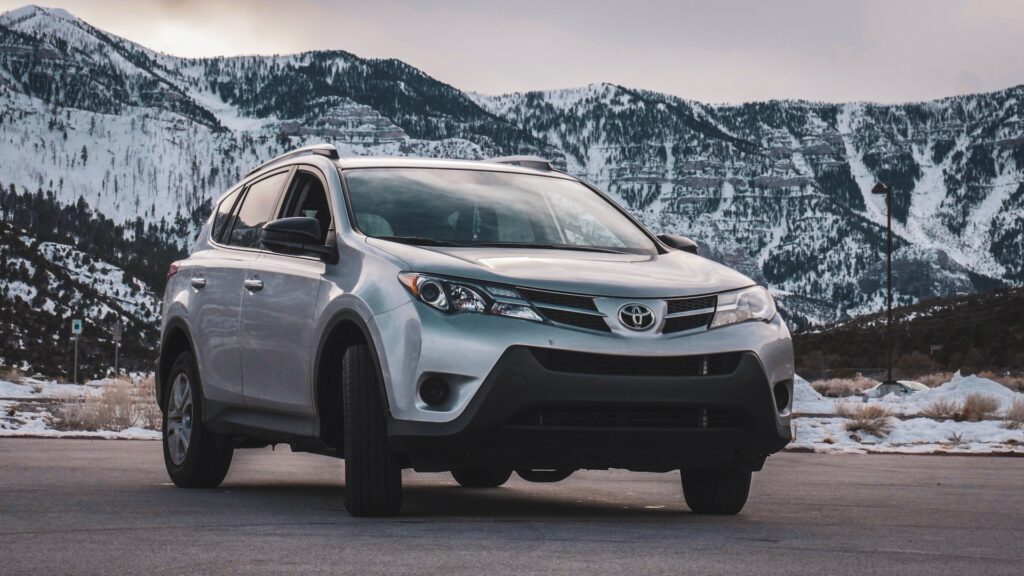
Additional Considerations:
- Personal Needs: Are you in urgent need of selling the car? Are you open to negotiating the price? Your flexibility can impact the timing of your sale.
- Local Market Dynamics: Research average selling prices for similar cars in your area to get a realistic understanding of market value.
Strategies for Maximizing Profit:
- Do your research: Understand the market trends and the value of your car based on its age, condition, and other factors.
- Prepare your car: Get it professionally cleaned and address any minor repairs or cosmetic issues.
- Take high-quality photos: Showcase your car’s best features with clear and detailed photos.
- Price it competitively: Research similar listings and set a fair price that attracts buyers but leaves room for negotiation.
- Choose the right platform: Advertise your car on popular online platforms and consider listing it with local dealerships or car buying services.
- Be flexible: Be prepared to negotiate and respond promptly to inquiries from potential buyers.
The best time of year to trade in cars can vary depending on several factors, such as the type of vehicle you have and the local market conditions. However, here are some general guidelines that may help:
- End of the year: Many dealerships and manufacturers offer end-of-the-year sales and incentives to clear out their inventory and make room for new models. This can be a good time to trade in your car, as you may be able to take advantage of these deals and get a better trade-in value.
- Early spring: The early spring is often a popular time for car buyers, as the weather starts to improve, and people may be looking to upgrade their vehicles for summer road trips. As a result, dealerships may be more willing to offer better trade-in values during this time.
- After new model releases: When a new model of a car is released, it can often lead to a drop in the value of the previous year’s model. If you have a car that is one or two years old, waiting until the new model is released can be a good time to trade it in, as dealerships may be more motivated to make a deal.
- When you need a new car: Ultimately, the best time to trade in your car is when you need a new one. If your current vehicle no longer meets your needs, it may be time to start exploring your options for a trade-in, regardless of the time of year.
It’s also worth noting that factors such as your car’s condition, mileage, and the local market conditions can have a significant impact on the value of your trade-in. Therefore, it’s essential to do your research and shop around to ensure that you’re getting a fair deal.
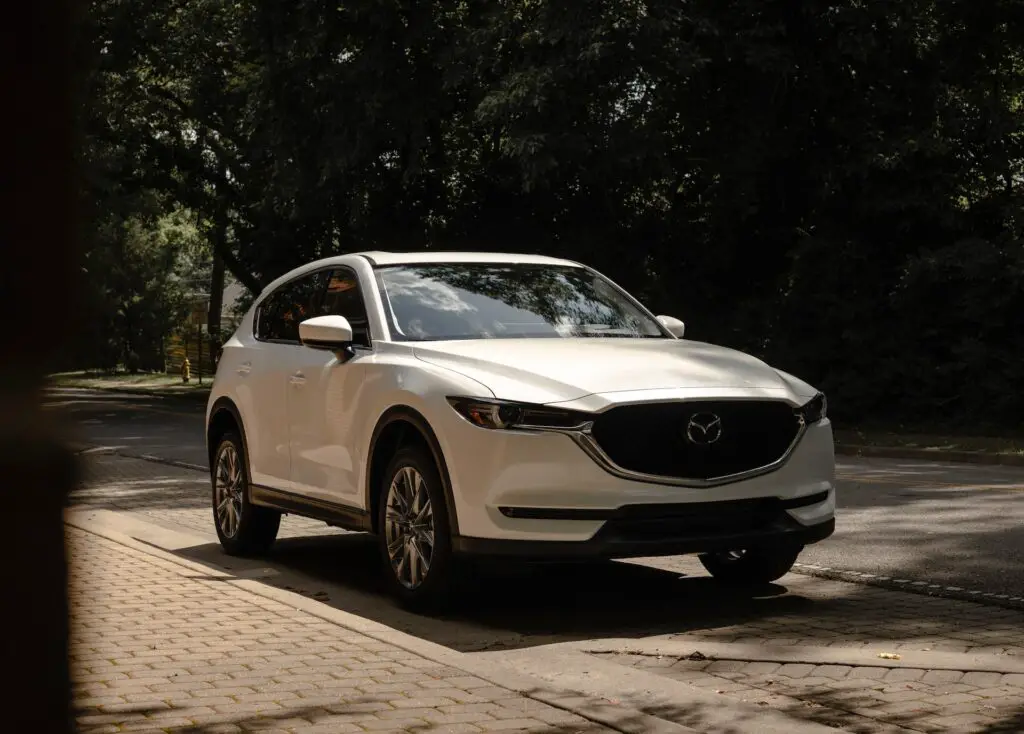
Tips to follow on Timing Your Car Sale
If you’re planning to trade in your used car, here are some tips to follow to help ensure that you get the best value for your vehicle:
- Research your car’s value: Before trading in your car, it’s important to research its value using online tools such as Kelley Blue Book or Edmunds. This will give you an idea of what your car is worth in the current market, and help you negotiate a fair trade-in value.
- Clean and prepare your car: A clean and well-maintained car is more likely to get a better trade-in value. So, before taking your car to the dealership, give it a thorough cleaning and take care of any minor repairs or maintenance issues.
- Shop around: It’s a good idea to get quotes from multiple dealerships to compare trade-in values. This will help you find the best offer and ensure that you’re getting a fair deal.
- Be honest about your car’s condition: When discussing your trade-in with the dealership, be honest about your car’s condition, mileage, and any issues it may have. This will help build trust and can potentially lead to a better trade-in value.
- Negotiate: Remember that the trade-in value is just one part of the overall deal. You can negotiate other aspects of the deal, such as the purchase price of the new car, financing, or warranties. Don’t be afraid to ask for a better deal.
- Have your paperwork in order: Make sure you have all the necessary paperwork for your car, such as the title, registration, and service records. This will help streamline the trade-in process and avoid any delays.
By following these tips, you can help ensure that you get the best value for your used car when trading it in.
Final Thoughts on Timing Your Car Sale
There’s no one-size-fits-all answer to the “best time” question. The ideal time to sell your car depends on a unique combination of factors. By understanding market trends, your car’s value, and your personal needs, you can make an informed decision and maximize your profit.



